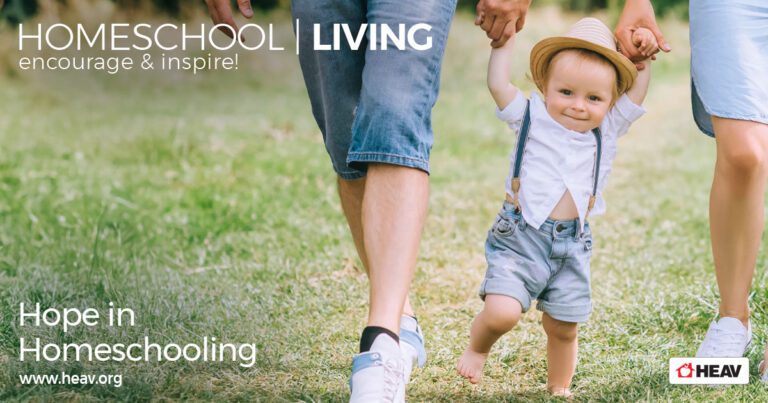
Hope in Homeschooling
Homeschooling opens up a world of hope and joy to your family. The adventures, challenges, and experiences unique to homeschooling allow your family to

Homeschooling opens up a world of hope and joy to your family. The adventures, challenges, and experiences unique to homeschooling allow your family to

Our childhood reading shapes our perspective, piques our curiosity, and lays the foundation for a lifetime of imagination and empathy. Few authors capture the
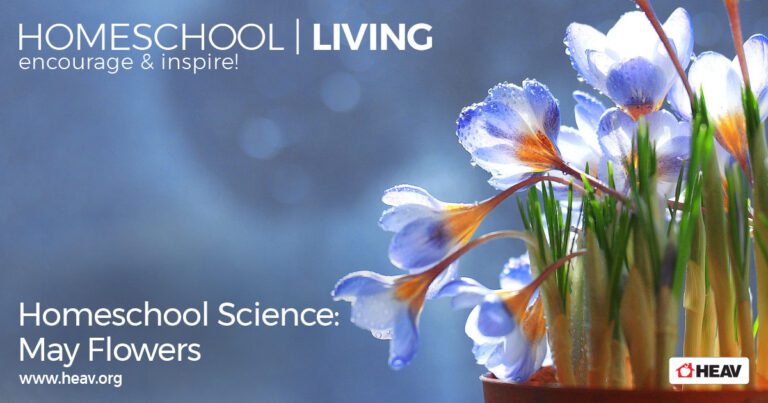
You’ve probably heard the saying, “April showers bring May flowers”—and if you followed along with last week’s Homeschool Living, you might even have measured
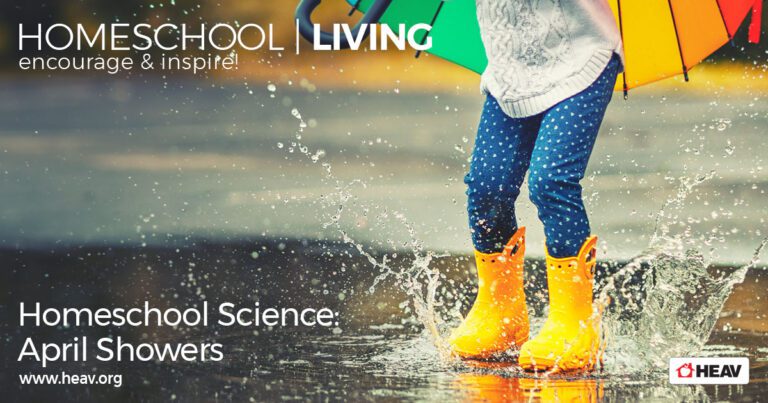
If you’ve ever heard someone say, “April showers bring May flowers,” you’ve brushed up against a bit of weather wisdom that has stood the
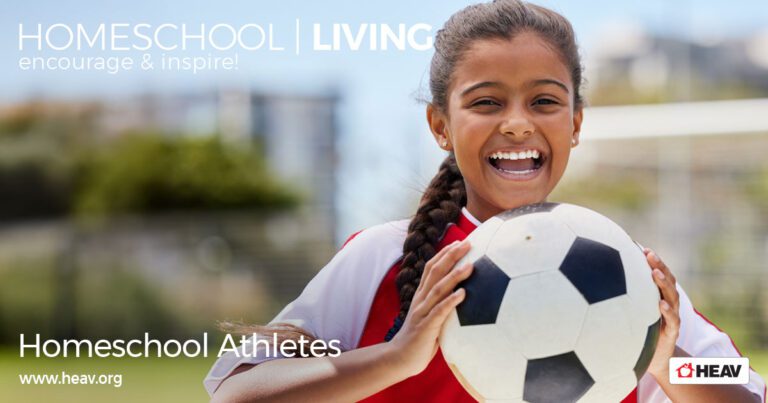
One of the best things about homeschooling is the flexibility it offers—not just in academics, but in how we shape our children’s whole lives.
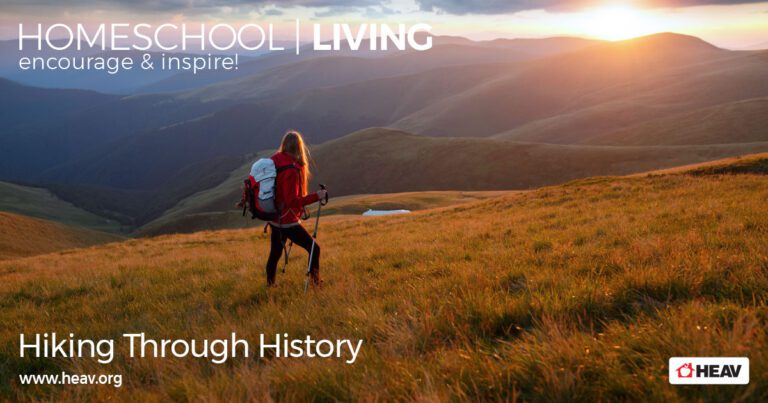
For homeschooling families who love adventure, the Appalachian Trail offers an incredible opportunity to combine history, geography, science, and physical education into one unforgettable
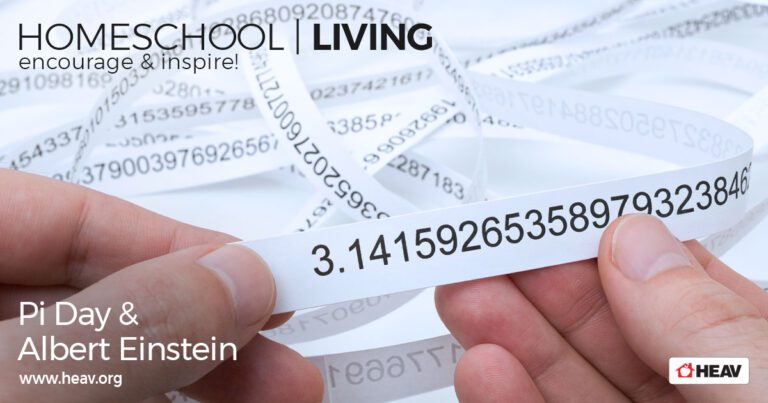
Pi Day is a unique opportunity to explore math and science in a fun and memorable way. From exploring the history of pi and
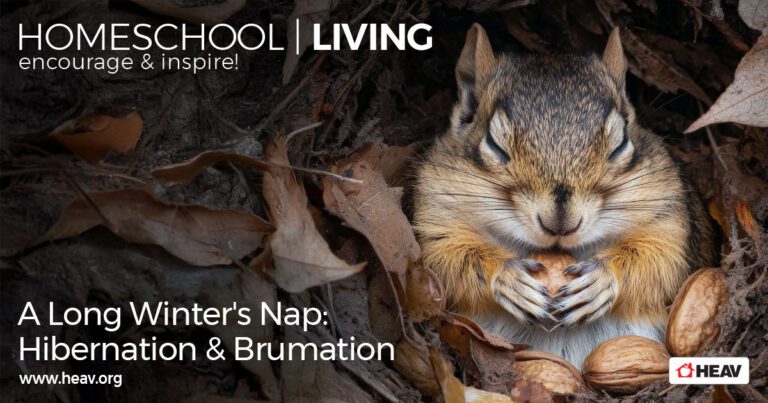
As we move into March and the days slowly start to warm up, it’s a great time to talk about hibernation and brumation winding
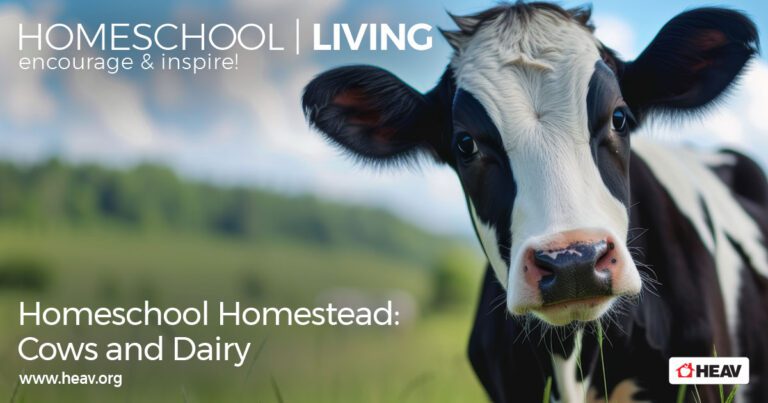
Incorporating farm life and homesteading into your homeschool studies is a wonderful way to teach your children about the natural world, responsibility, and sustainable
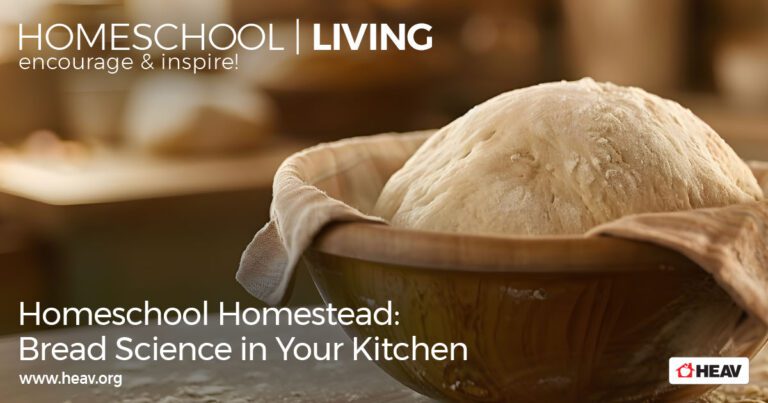
Homesteading skills are making a strong comeback in today’s world, as people become eager to be more self-sufficient and mindful of their resources. One

Homesteading isn’t just about growing your own food or raising animals; it’s about cultivating skills that connect you to your surroundings, and provide both

In the thick of the holiday season, we’re surrounded by Christmas traditions from near and far. Colorful and exciting, beautiful and meaningful, we learn
